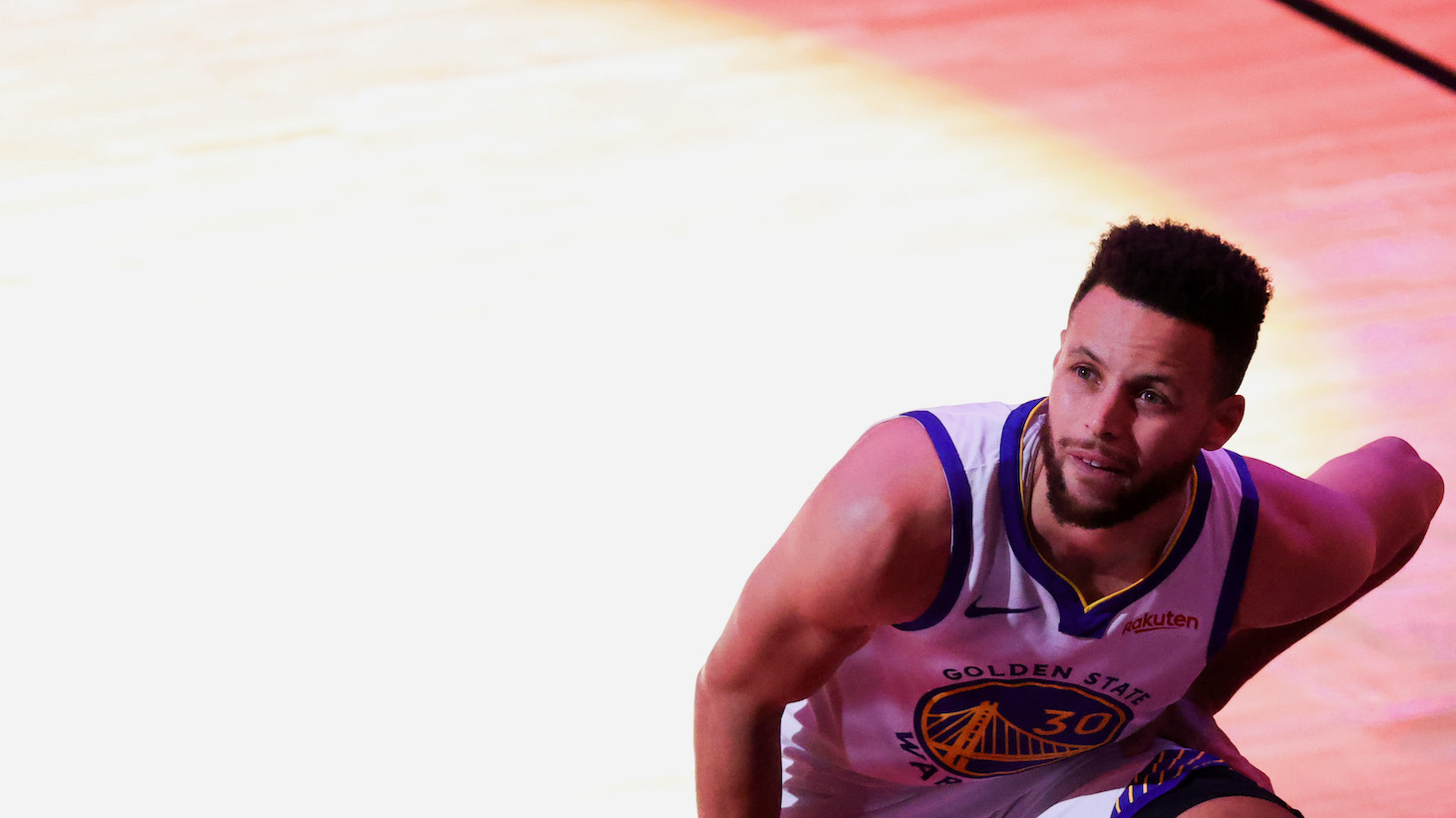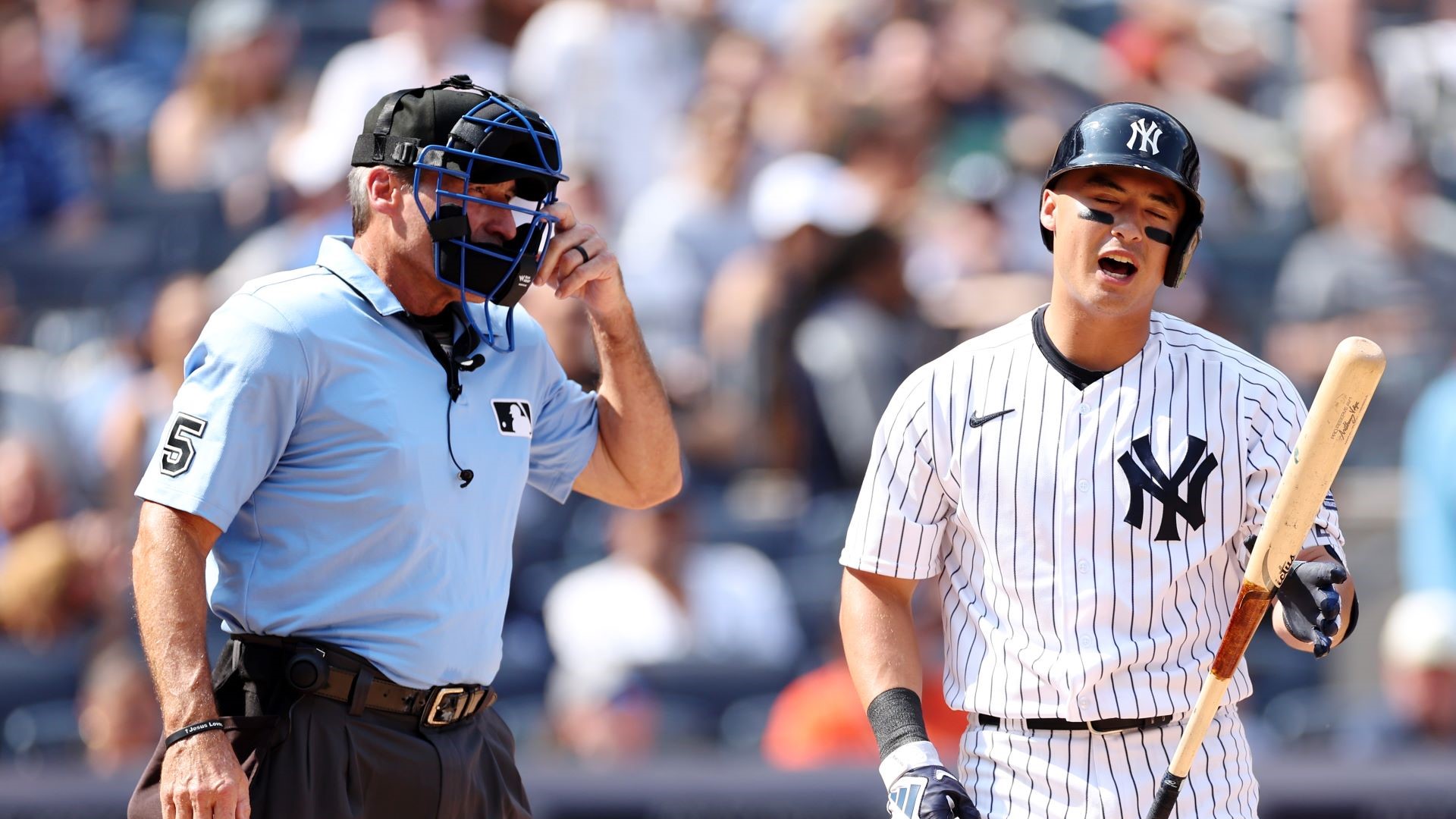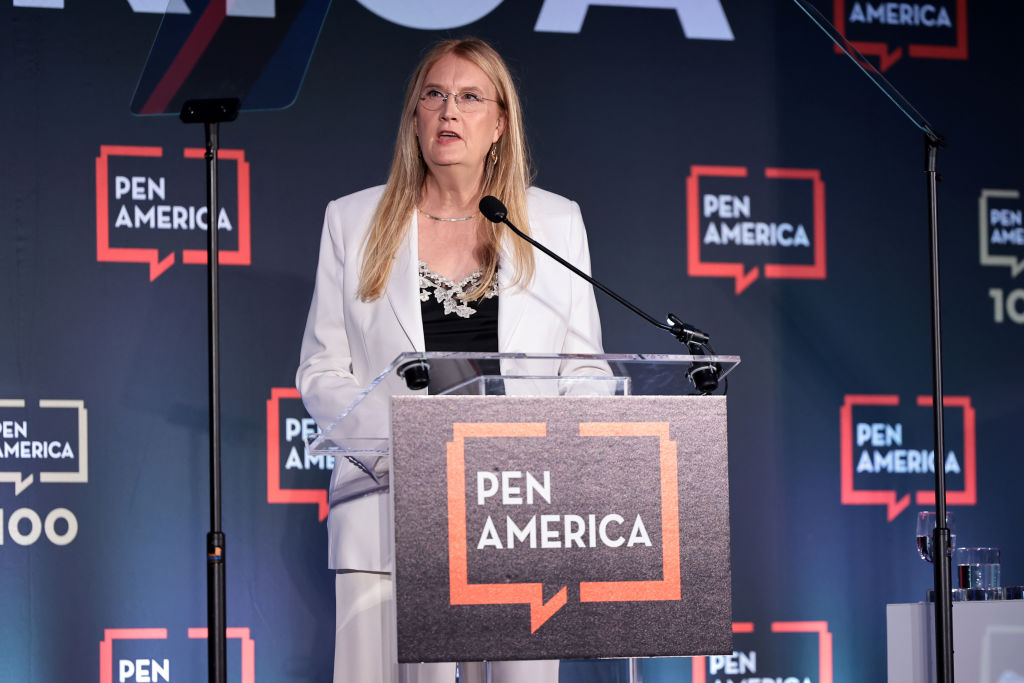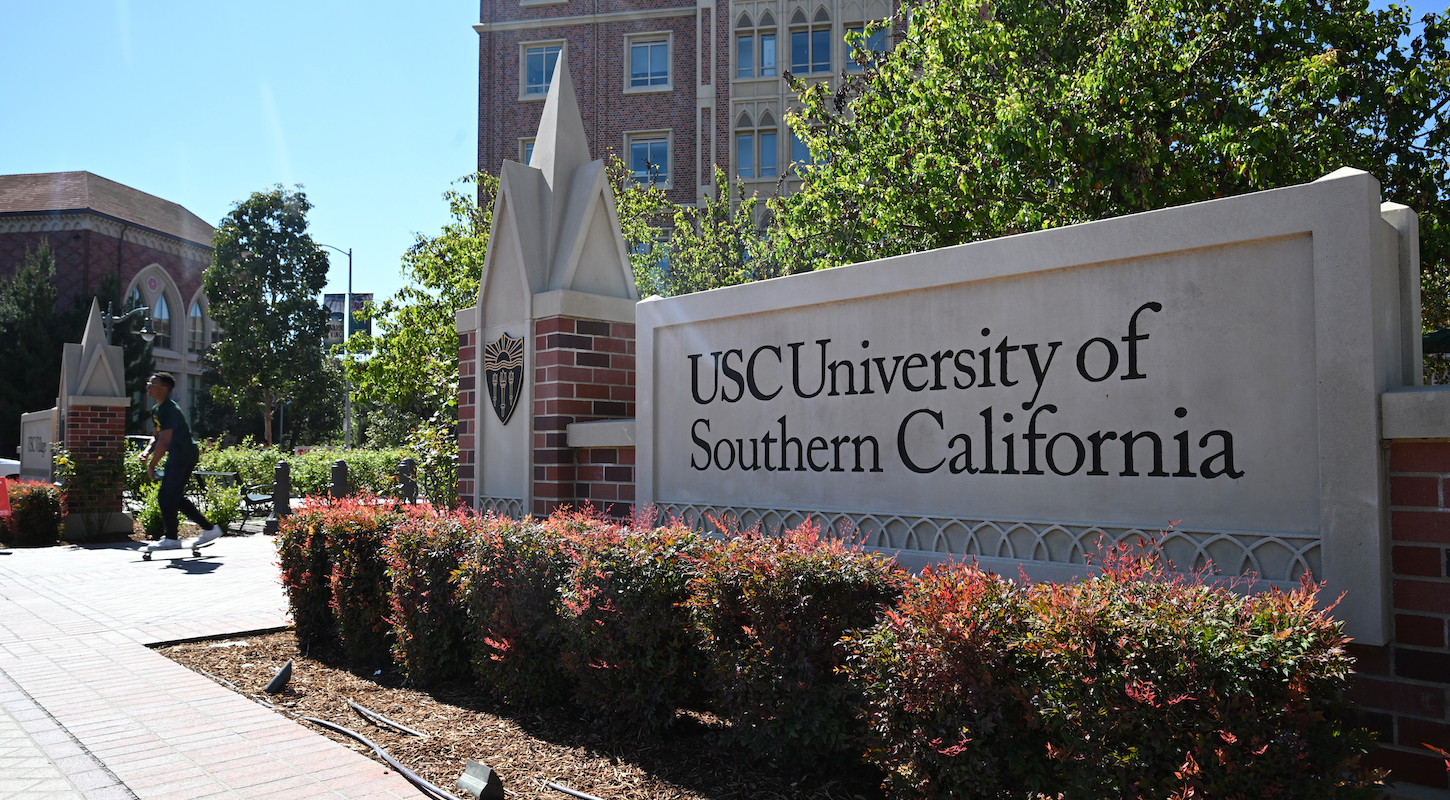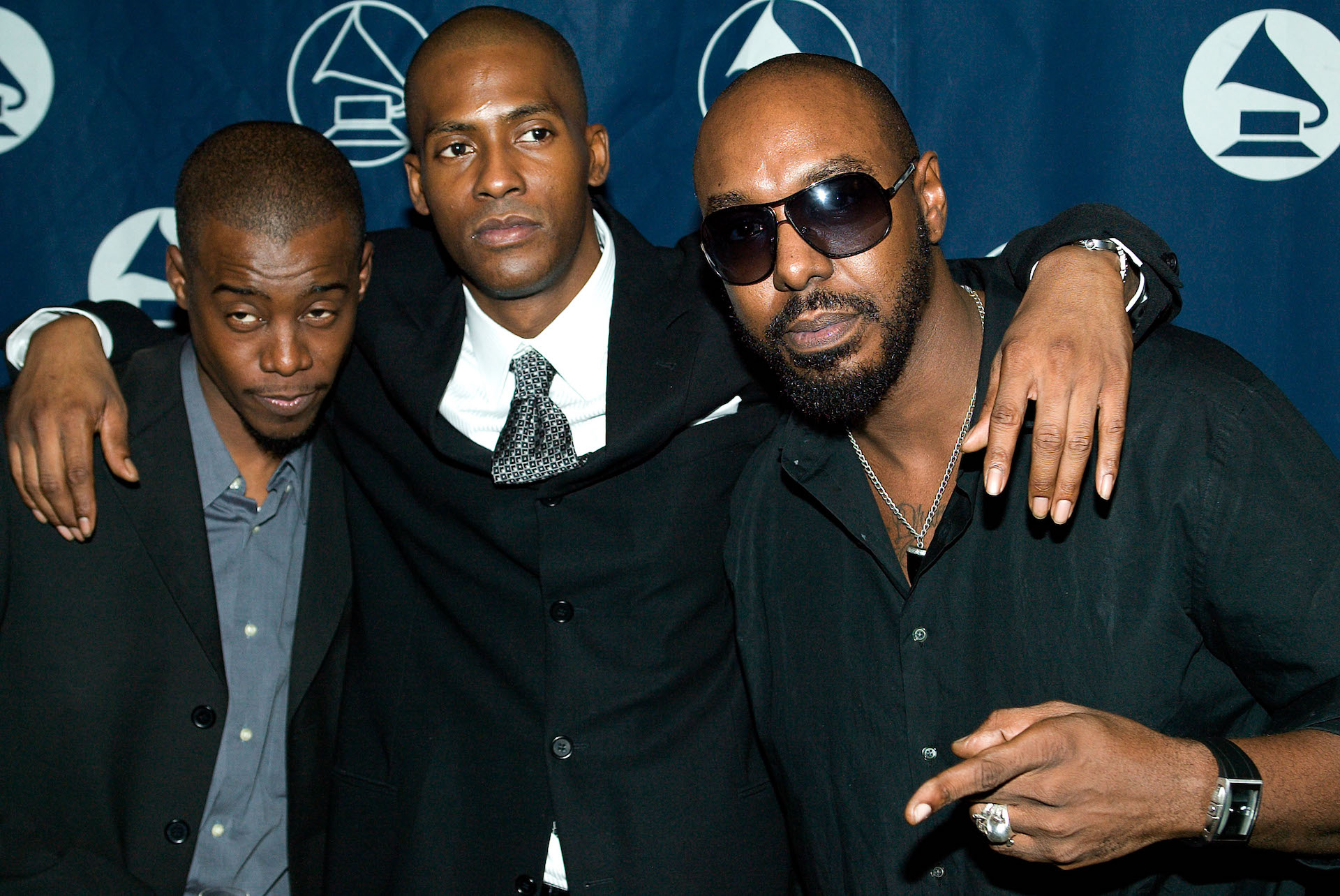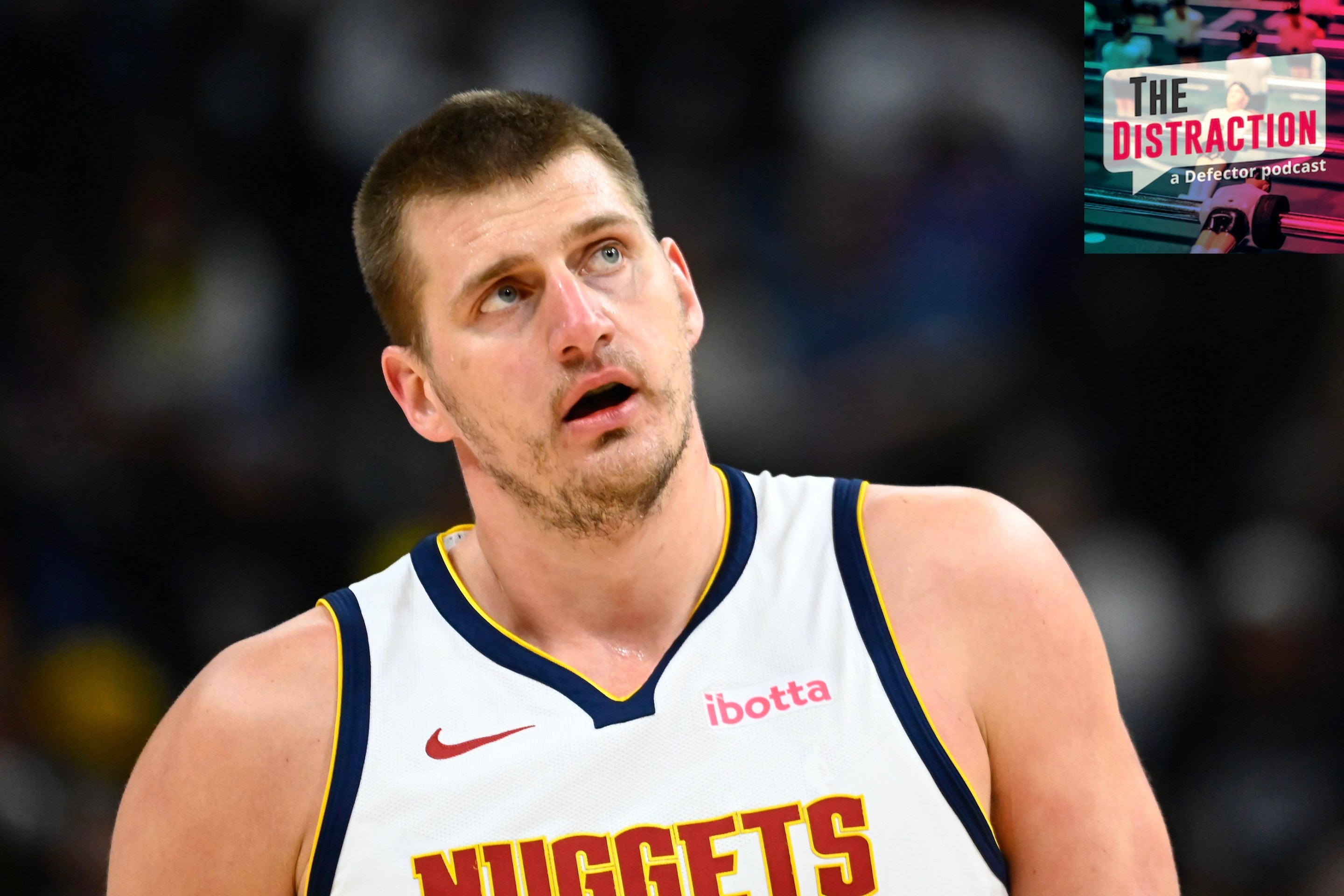Stephen Curry's current and thoroughly cheat-codey 11-game tear, in which he is averaging 40.9 points per game and shooting 49 percent from three (in 157 attempts, more than 10 per game), has become the Road Runner to everyone else's Wile E. Coyote. And he has the potential to make it even more cartoony over the next week: He plays the second-worst defensive team, the Washington Wizards, on Wednesday, then the Denver Nuggets, against whom he just scored 53, and then he plays against Sacramento, which is the very worst defensive team in basketball. He could go even more batcrap crazy than he has been, if that can be imagined.
And he is not yet in serious contention for the Most Valuable Player award because he started doing this too late, and because the Golden State Warriors are a play-in team, and because NBA voters tend to make their minds up earlier than most, or at the very least tell you what they think earlier than most. Even in a year with an unusually high number of worthy candidates, the bloc of voters who flocked to Nikola Jokic early and have remained there is very much an NBA voter thing.
Now this is not a plea for Curry to be the MVP; far from it. Jokic is a perfectly fine candidate given his work and the traditional view that value in this context is typically pegged to the best players on the most successful teams. The same can be said of Joel Embiid and Giannis Antetokounmpo and James Harden, just to name 80 percent of the names on any ballot. All are playing at MVP levels, all are vital to their teams' success, and have been throughout the process.
Harden, though, is something of a longshot because of the voters who have already expressed dismay at the way he forced himself out of Houston. Embiid has missed 18 games with injury, thus lowering his stock (the average MVP misses three and change). The only potential knock on Jokic is that only five MVPs have ever come from teams with the sixth-best overall record (which the Nuggets now possess) or worse, and those only when there was nobody near them in counting-stat superiority (see Westbrook, Russell).
All this get-another-hobby-level stuff tells us that while there are no listed criteria from the league on what constitutes value or how early a voter can make up his or her mind, voters have pretty clear criteria and they make up their minds pretty early. Tim Bontemps, a seedy little grifter from ESPN with whom drinks have been had pre-COVID, polled 101 of the 125 voters on the MVP race, published his results five days ago, and found an overwhelming tilt toward Jokic, mostly formed once LeBron James unofficially withdrew from the race when he got hurt March 20. And Anthony Davis, who would have been part of the slow-news day yapfest, has been out since mid-February, thus eliminating him.
And so here we are, with Curry scoring at the highest non-Chamberlainic rate in league history with only Draymond Green as consistently reliable help, with no effective shot at MVP and, quite frankly, no reasonable argument to be made that he should have one except that, damned if he isn’t the best show in the NBA right now. But frankly, that's not good enough. There is no particular valor affixed to a single performer taking a team from 13th to ninth place; only two MVPs ever came from losing teams: Bob Pettit, the first MVP in 383 A.D., and Kareem Abdul-Jabbar's first Lakers year.
The decision has been made: It is Nikola Jokic, mostly because he is a metric darling as well as a profoundly impactful player, but also because there are arguments to be made against every other candidate except Antetokounmpo, whose own disqualifier is voter fatigue, since he won the last two MVPs without taking his team to the Finals, thus sparking a demonstrable reluctance to vote him a third. As in, the Bontemps poll has Giannis with no first-place votes at all.
In all these ways, this is a year in which Jokic is the MVP because he is also going to be the LVP—the Last Valuable Player. Unless, that is, he goes and does something stupid like getting hurt, or starts agitating to play in Brooklyn.
As for Curry, well, so it goes. He has silenced all but the wingnuttiest of his few critics in the first year since 2011 that he played meaningful minutes on a crud team, and he might end up dragging this team out of the crud all by himself. His last 11 games are epochal, but if he'd been doing this all year long with the same team results, the Warriors would still only be a five-seed.
But if it helps Warriors fans who think the system mitigates true individual accomplishment in isolation, which it does because it's supposed to, he has a hell of a compelling and somehow even less recognized case for Most Improved Player, which is supposed to go to the Knicks' Julius Randle because, well, that got decided pretty damned early, too. Maybe in our endless search for more soul-crushing bloviation topics we should start arguing about what constitutes improvement as well as value.
If you liked this blog, please share it! Your referrals help Defector reach new readers, and those new readers always get a few free blogs before encountering our paywall.
Staff Writer
Stay in touch
Sign up for our free newsletter
